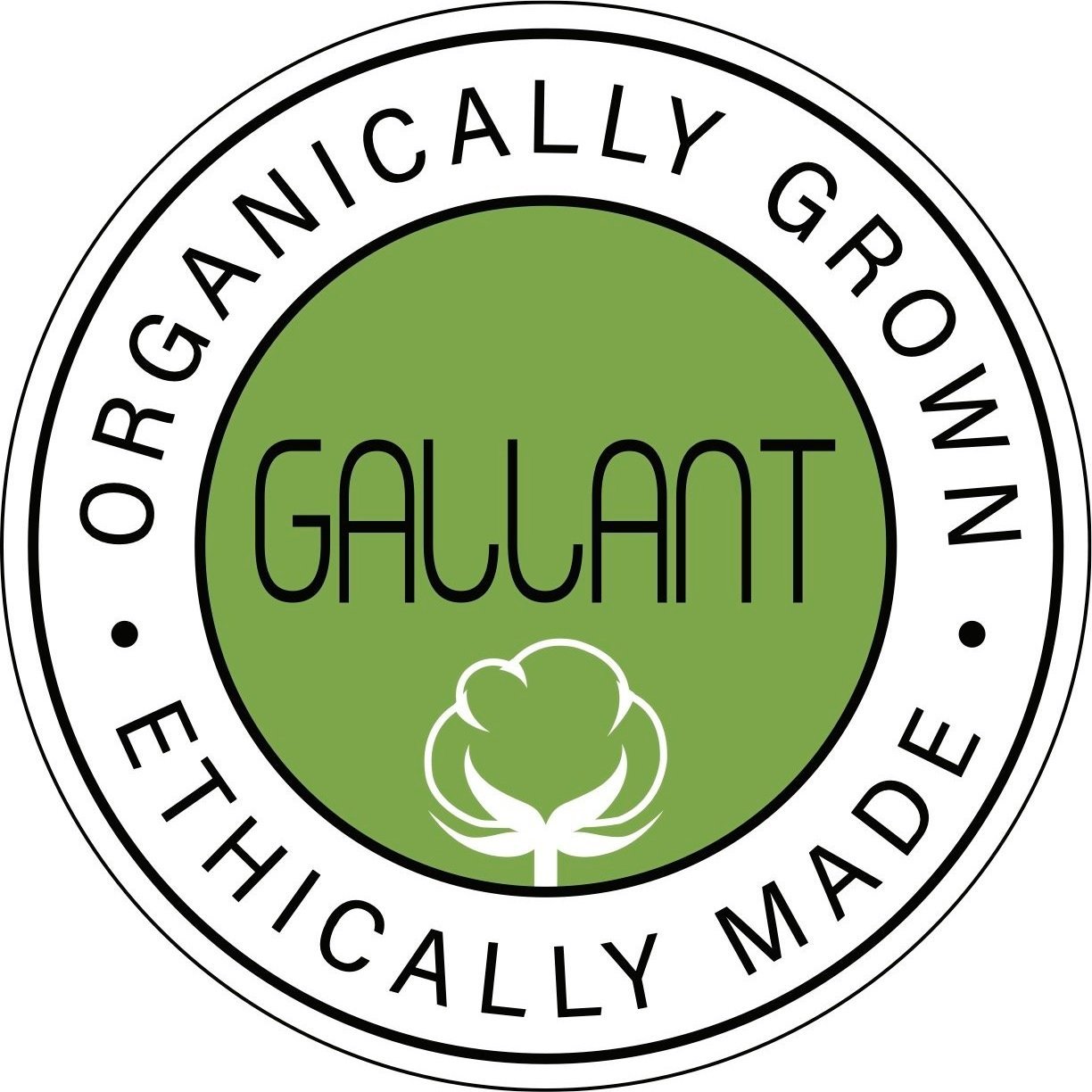Microplastics found in freshly fallen Antarctic snow for the first time
Table of Contents
Tiny plastic particles have been discovered in a never-before location— the fresh Antarctic snow.
Researchers from the University of Canterbury in New Zealand discovered 13 types of plastics in samples taken at 19 locations across the remote continent, the Antarctic. There was an average of 29 microplastic particles per liter of melted snow. The density of microplastics was nearly three times higher near the scientific bases on Ross Island, Scott Base, and McMurdo Station.
Out of the 13 types of plastics found in Antarctica, the most prevalent was Polyethylene terephthalate (PET). PET is used mostly in soft drink bottles and clothing. Microplastics, tinier than a rice grain and can be seen with the bare eyes, had previously been discovered in Antarctica, but this will be the first to be discovered in fresh snow.
The findings of microplastic in fresh Antarctic snow are heartbreaking, demonstrating the severity of plastic pollution and the damage it causes to marine organisms and environments. Researcher Alex Aves says, "the most likely source of these airborne microplastics is local scientific research stations. However, modeling shows their origin could have been up to 6,000km (3,700 miles) away."
The investigation of the microplastics source helps us understand that it may be microplastics journeying thousands of kilometers via airway. Their tiny size and weight make them airborne, easy to travel long distances and pollute even the most uninhabited regions of the world. However, the microplastic footprint of human influence in Antarctica may also be a contributing factor.
What we learn from the latest, shocking discovery is not just that the purity of Antarctic snow is compromised but also expands our knowledge of the absurd degree of spread of plastic pollution.
The research was backed by The Royal Society Te Aparangi and the Ministry of Foreign Affairs and Trade. Meanwhile, the fieldwork was done with logistical support from Antarctica New Zealand through the University of Canterbury's Postgraduate Certificate of Antarctic Studies course.
Key takeaways for businesses
As businesses, we must use this information to reduce plastic pollution at the source and to upgrade our overall environmental management practices. Consumers are increasingly becoming aware of plastic effects, pushing the demand for sustainable items and packaging. A report shows more than 70% of consumers worldwide want businesses to use more eco-friendly packaging. Reusable products made of natural fibers like organic cotton have great potential, especially in terms of lowering plastic pollution and the negative effects of plastic on the environment. Plastic causes a slew of issues for the world's well-being- from its manufacturing to poor recyclability, the proclivity for ending up in landfills, and of course, the hundreds of years to decompose. While it's difficult to get rid of plastic from this world instantly, it is not impossible. After all, plastic only came in the late 19th century (synthetic polymer in 1869 and new plastic in 1907). In the period before that, humans did just fine without plastic— and we can too!
The choice between plastic and eco-friendly alternatives is apparent, and as a business, Gallant International chooses to make a meaningful difference— standing for reducing plastic pollution.
As part of our mission to be plastic-free, we offer wholesale t-shirts, bulk drawstring bags and other products that are made of 100% organic cotton and are free of harmful chemicals. We assist businesses in their green ventures through our GOTS & Fairtrade certified and carbon-neutral products.
Together we can fight plastic pollution.
